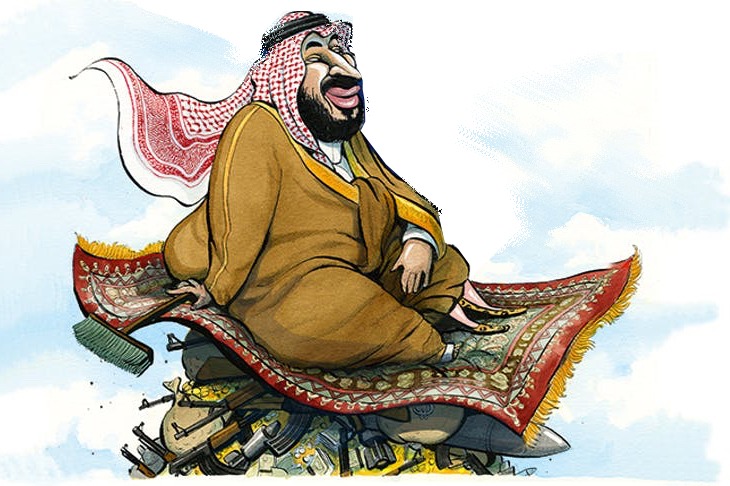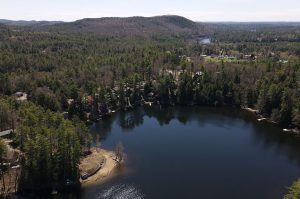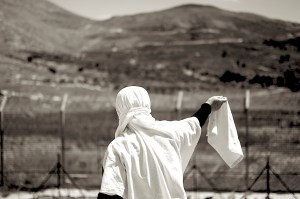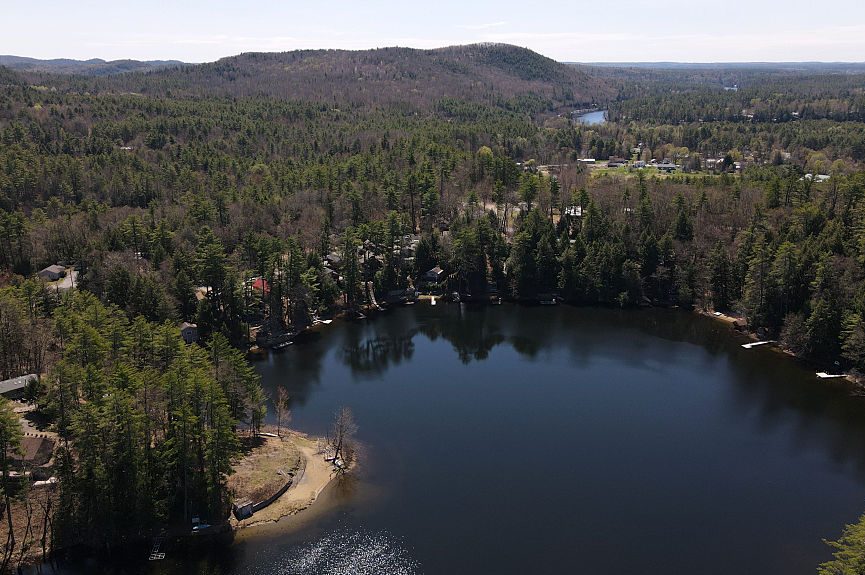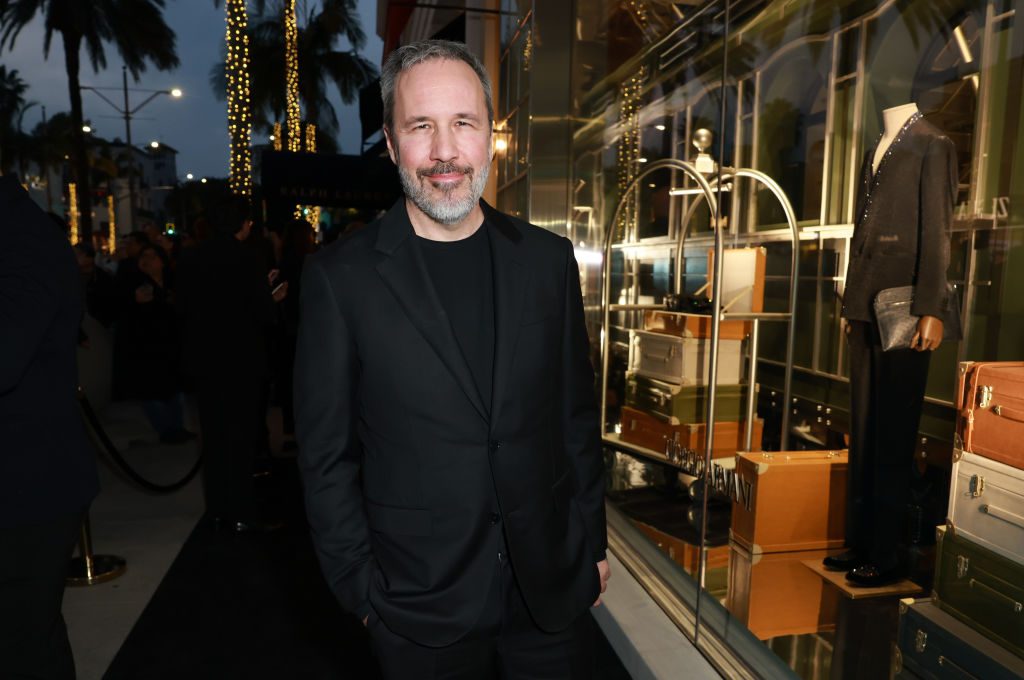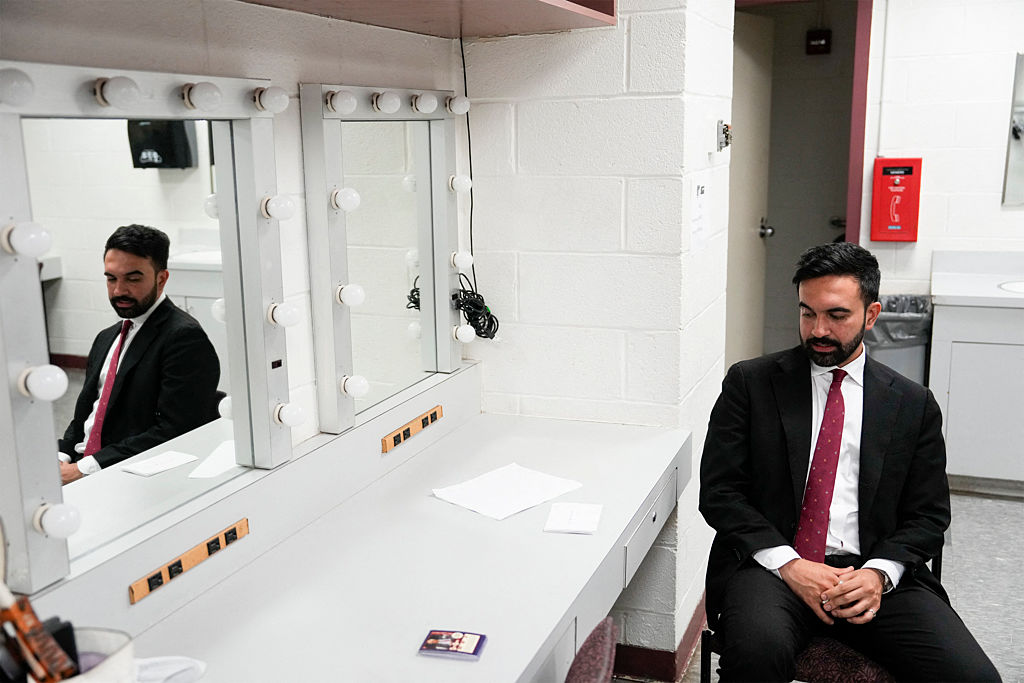Although probably not possessed of the liberal sensibilities that would see him accepted for membership by, say, the Soho House group, Saudi Arabia’s Crown Prince and de-facto ruler Mohammed bin Salman, or MBS as the 32 year-old is known, is nevertheless largely good news, certainly compared to what has gone before. Commentators who are so outraged by the headline grabbing foreign policy initiatives that bear his fingerprints – the disastrous proxy war with Iran in Yemen, for example, or the blockade of Qatar, or the softer line on Israel, or even the cosying up to Trump’s White House – that they cannot see the good work he is doing are missing the point. Foreign policy, although important, is by no means Saudi Arabia’s most pressing problem. Ultimately, MBS will be judged on one thing only: his ability to do the seemingly impossible – to open up and make attractive a domestic economy and society that has always seemed, to foreigners, anything but. He says he’s got twenty years to do it, other commentators reckon he’s got less than ten. Either way, the price for failure will be very grim indeed. Saudi Arabia, a country with a population of 32 million, will go bankrupt.
The Fibonacci Sequence is a mathematical formula said to describe the rate at which rabbits reproduce. Pre 1985, when the long-term fertility rate was just over seven kids per Saudi woman, it could also fairly easily have been applied to mating habits in the kingdom. Today well over half the population is aged under 25, with 30 percent aged under 15 (only four percent is aged over 65) and more than six million young Saudi citizens are expected to enter the labour market by 2030. It goes without saying they will need not just jobs. They will also need homes they can afford and all of the attendant infrastructure – roads, schools, universities, hospitals, offices, power utilities – those new homes and jobs will entail.
Traditionally, Saudi’s largely undynamic public sector has simply expanded to employ citizens – it currently employs 90 percent of the country’s workforce, providing typically good pay and conditions (last year, for example, all public sector workers were given a 23-day holiday to mark the end of Ramadan and Eid, on top of their other generous holiday entitlements). But times have changed. The price of oil ain’t what it was and the glory days don’t look like coming back, thanks to factors that include the large-scale emergence of American shale oil producers, the arrival, post sanctions, of Iranian oil on the market and the coming global electric vehicle revolution.
In order to keep paying public sector wages (which include large allowances for home ownership, healthcare and overseas study for dependants) while building and maintaining the infrastructure needed to keep a burgeoning population happy, Saudi Arabia, by its own estimate, needs an oil price of $84 per barrel – a price that hasn’t been seen for three and a half years. (Bear in mind, apart from dates, the kingdom exports nothing but oil while importing absolutely everything else.) This means Saudi Arabia is losing money hand over fist, which is why it recently repatriated at least $200 billion of its foreign capital reserves. Something’s got to give.
The blueprint solution to Saudi’s troubles already exists: Dubai. Back in the 1990s, what is now the Gulf’s most famous emirate faced very similar problems, albeit with a far smaller population. Its leadership realised vanishing oil supplies would not for much longer generate sufficient revenues to sustain the economy and decided to do something about it, bending over backwards to attract foreign direct investment and creating thriving financial services and hospitality sectors. In less than two decades, Dubai went from relatively sleepy Arabian backwater to thriving international centre of commerce. What Dubai has achieved – and there have been bumps along the way – is nothing short of incredible, but to do it the emirate has had to make some major cultural sacrifices. It goes without saying, for example, that women in Dubai can drive and work, but they can also wear bikinis on the beach or shorts in the mall without fear of attack by enraged religious police. White-collar expatriate residents in Dubai, too, provided they have an easy to get liquor licence, can drink pretty much as much alcohol as they like (and, boy, do they). But these compromises have been more than worth it for Dubai. Last year, only five percent of GDP was generated by oil-related revenues and there is hardly a working age citizen in north Africa, the subcontinent, the Levant or Eastern Europe who would not leap at the chance to go and work in Dubai. The city state, with its liberal form of Islam, is seen throughout the wider region as a beacon of progress.
MBS and the expensive team of consultants he engaged to put together the kingdom’s Vision 2030 plan know for Saudi it’s Dubai or bust. The Vision document is, in fact, very candid about what the country can and must do to attract the $4 trillion-dollar private sector investment it says is needed to get the non-oil sector contributing 70 percent to government revenues, up from the ten percent it currently contributes (and to increase GDP by $800 billion a year – roughly equivalent to the entire GDP of Turkey). To start with, it commits to doing everything possible to maximise international private sector involvement in potentially lucrative industries that were previously very much closed shops, like mining and minerals, healthcare, tourism, finance and construction.
But attracting the international financial community is not as simple as just opening the door and saying “come on in”. At the moment, for foreigners, Saudi Arabia is a pretty grim place to live, certainly as a place in which to raise a family. Thanks to the influence of Wahhabism – a very austere form of Islam – most of the things that make life fun are banned in Saudi, from mixing freely with the opposite sex to enjoying a cold beer after a long hot day at work, and much else besides. To put it simply: if you’re going to go and work in the Middle East, why would you want to be based in Riyadh when you could be based in Dubai? No one gets beheaded in public in Dubai, for a start.
And then there’s corruption. Good luck trying to set up for business in Saudi without the right wasta (connections) or ability to hand out the baksheesh. According to the internationally respected GAN Business Anti-Corruption Portal, “companies operating or planning to invest in Saudi Arabia face a high risk of corruption”. When I interviewed him in Riyadh in 2010, the somewhat cold and supercilious Amr Al Dabbagh, then-head of the Saudi Arabia General Investment Authority (SAGIA), was the man in charge of making the kingdom more attractive to foreign businesses by improving ease of doing business – a large part of which, presumably, was stamping out corruption. Last year, Dabbagh himself was part of the notorious crew of the nation’s 380 or so richest men locked up in the Riyadh Ritz as part of MBS’s high profile anti-corruption sheikhdown. Today, Saudi languishes 92nd in the World Bank’s ranking of countries in which conducting business is easiest. Large-scale private sector investment simply isn’t going to arrive while this state of affairs continues.
The good news for Saudi, thanks to a fertility rate that has now slowed to under three children per woman, is that the country has entered what the United Nations calls the “demographic window of opportunity” – a one off period, typically lasting between 25 and 40 years, when the ratio of working age adults to dependants is optimal to affect real progress. Once the window is shut it is shut forever and so it is imperative Saudi does everything possible now to harness the full potential of its people. According to consultants McKinsey, that will not be possible without the creation “of almost three times as many jobs for Saudis as the kingdom created during the 2003-13 oil boom”.
It is becoming increasingly clear that MBS not only recognises the scale of the challenge faced by his nation but that he is prepared to roll up his sleeves and do something about it, whether that’s by personally flying around the world to meet heads of industry such as Microsoft founder Bill Gates or Apple CEO Tim Cook, or by publicly advocating a more liberal form of Islam and ushering in cultural reforms that fly in the face of Wahhabism (allowing cinemas/public concerts/women to drive), or by sending an incredibly powerful anti-corruption message to people within the kingdom who previously considered themselves untouchable. None of this is to downplay what is happening in Yemen, which is very bad indeed, but rather to say that Yemen won’t be how history judges MBS – a fact of which he seems aware.
Saudi Arabia can no longer afford to live shut off from modernity. Finally, the kingdom has a non-octogenarian leader who seems prepared to shake things up. To Western sensibilities, MBS may not seem like an obvious renaissance man, but for Saudi Arabia he’s a final throw of the dice – a last chance to emerge voluntarily from the eighteenth century blinking into the 21st. Good luck to him.



